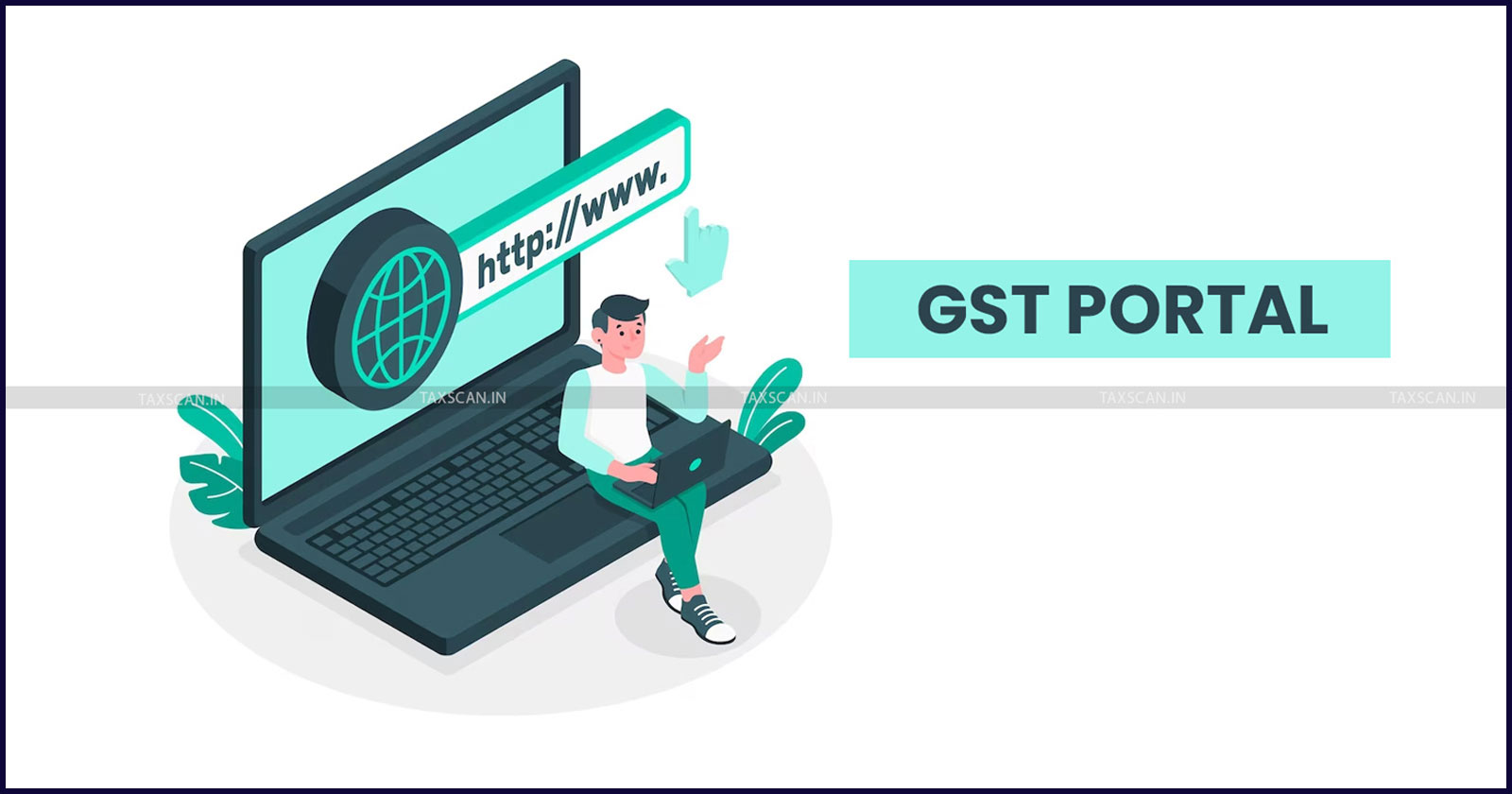How do Technical Glitches in the GST Portal Impact Businesses
High Courts, including Allahabad and Telangana, have ruled in favor of businesses penalized for errors caused by system failures. These rulings emphasize that taxpayers should not be punished for technological shortcomings.

India’s Goods and Services Tax (GST) was launched with the promise of simplifying indirect taxation through a unified digital system. The GST portal is an online platform designed to streamline tax filings, facilitate credit claims, and support compliance.
Persistent technical glitches have resulted in delays, financial losses, legal problems, and eroding confidence in the system. In this article, we explore how GST portal issues impact Indian businesses and what can be done to address these challenges.
Get Complete Coverage on Budget 2025-26 Click here
1. Financial Setbacks
When the GST portal fails, it’s not just a technical problem it also costs financial burden. Missed filing deadlines due to system downtime can lead to late fees, interest charges, and even penalties. Businesses have to go through lengthy grievance redressal processes to reverse these charges.
Another major concern is blocked Input Tax Credit (ITC). Portal glitches often prevent the auto-population of GSTR-2B data, which many businesses rely on to claim credit for purchases. If invoices fail to reflect properly or appear in duplicate, businesses risk over- or under-claiming credits, which can later lead to audits and demands. In the short term, businesses may have to pay taxes in cash instead of using credits, severely affecting their cash flow.
2. Operational Disruptions
The GST portal is not just for returns but it is also vital for issuing e-way bills and e-invoices. When it crashes, trucks cannot move, inventories pile up, and deliveries get delayed. On December 31, 2024, a major e-way bill portal outage caused widespread disruption in logistics operations. While authorities later extended deadlines and waived penalties, the real-world impact had already been felt.
GST READY RECKONER: Complete Topic wise Circulars, Instructions & Guidelines Click here
Portal outages also halt routine compliance tasks. In January 2025, businesses were unable to submit GSTR-1 returns or refund claims due to a site-wide failure. Many had to work overtime to meet extended deadlines, disrupting workflows and increasing administrative costs.
Companies now must allocate extra time for return filing, prepare data offline as a backup, and often maintain detailed logs and screenshots to prove attempts at compliance. The administrative overhead has increased dramatically, particularly for businesses with multiple GST registrations across states.
3. Legal Issues and Growing Litigation
The legal implications of GST portal glitches are far-reaching. Businesses often find themselves on the receiving end of penalties or show-cause notices even when they acted in good faith. The onus is on the taxpayer to prove that a filing delay or documentation error occurred due to a portal glitch.
Know the complete aspects of tax implications of succession, Click here
Glitches have landed many businesses in legal trouble despite their intent to comply. Several High Courts, including those in Allahabad and Telangana, have ruled in favor of businesses penalized for errors caused by system failures. These rulings emphasize that taxpayers should not be punished for technological shortcomings.
The fact that businesses must go to court to resolve such issues reflects deeper flaws in the system. It also adds legal costs and uncertainty which is especially problematic for MSMEs.
4. MSMEs and Exporters
Micro, Small, and Medium Enterprises (MSMEs) are least equipped to deal with digital system failures. Without full-time accountants or IT staff, they rely on GSTN’s functioning to remain compliant. Glitches delay their payments, strain cash reserves, and force them to spend on external help.
Step by Step Handbook for Filing GST Appeals Click here
Exporters face another set of problems which is GST refund delays. When refund forms can’t be submitted due to system bugs or mismatched data, working capital gets stuck. This affects their ability to meet international orders and remain competitive.
Businesses Adapt, But Confidence Is Fading
After years of glitches, businesses are adapting. Many now file days before deadlines, not because it’s best practice, but to avoid portal crashes. Tax consultants are charging more to cover the time spent troubleshooting. Some firms are investing in GST software to automate filings and reduce exposure to system errors.
While these adaptations help, they signal a loss of trust in the system. GST was supposed to encourage voluntary compliance through simplicity. Recurring glitches make compliance feel like a risky gamble.
Know How to File Appeals in GSTAT Click here
Conclusion
India’s GST regime has the potential to revolutionize taxation, but only if its digital backbone is reliable. Portal glitches not only affect compliance—they disrupt operations, strain finances, and shake taxpayer confidence. Until the system is stable, proactive relief measures and transparent communication are essential.
For now, businesses must stay alert, adapt early, and keep records of every disruption. But in the long run, it is the system but not just its users that needs to evolve.
Support our journalism by subscribing to Taxscanpremium. Follow us on Telegram for quick updates


